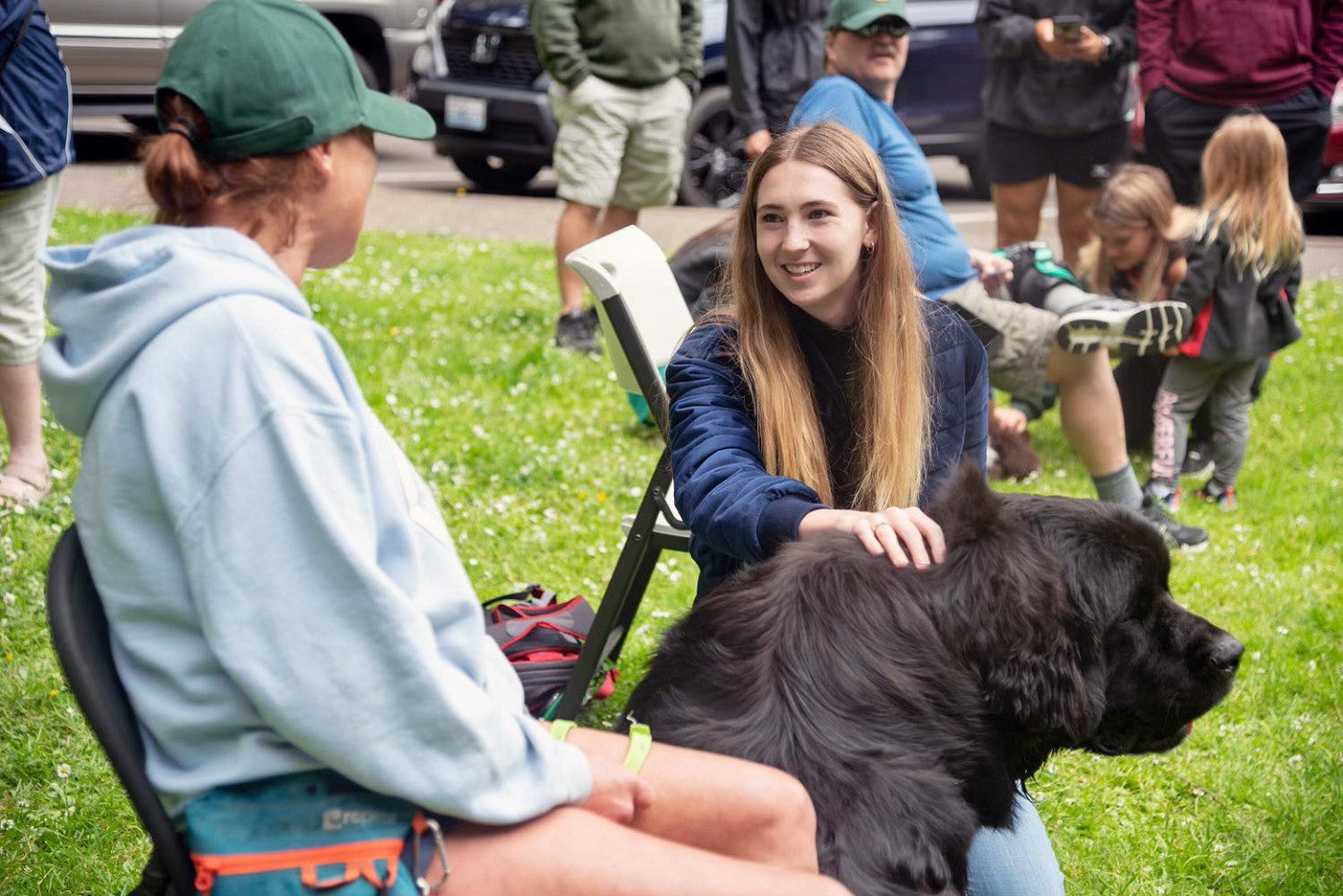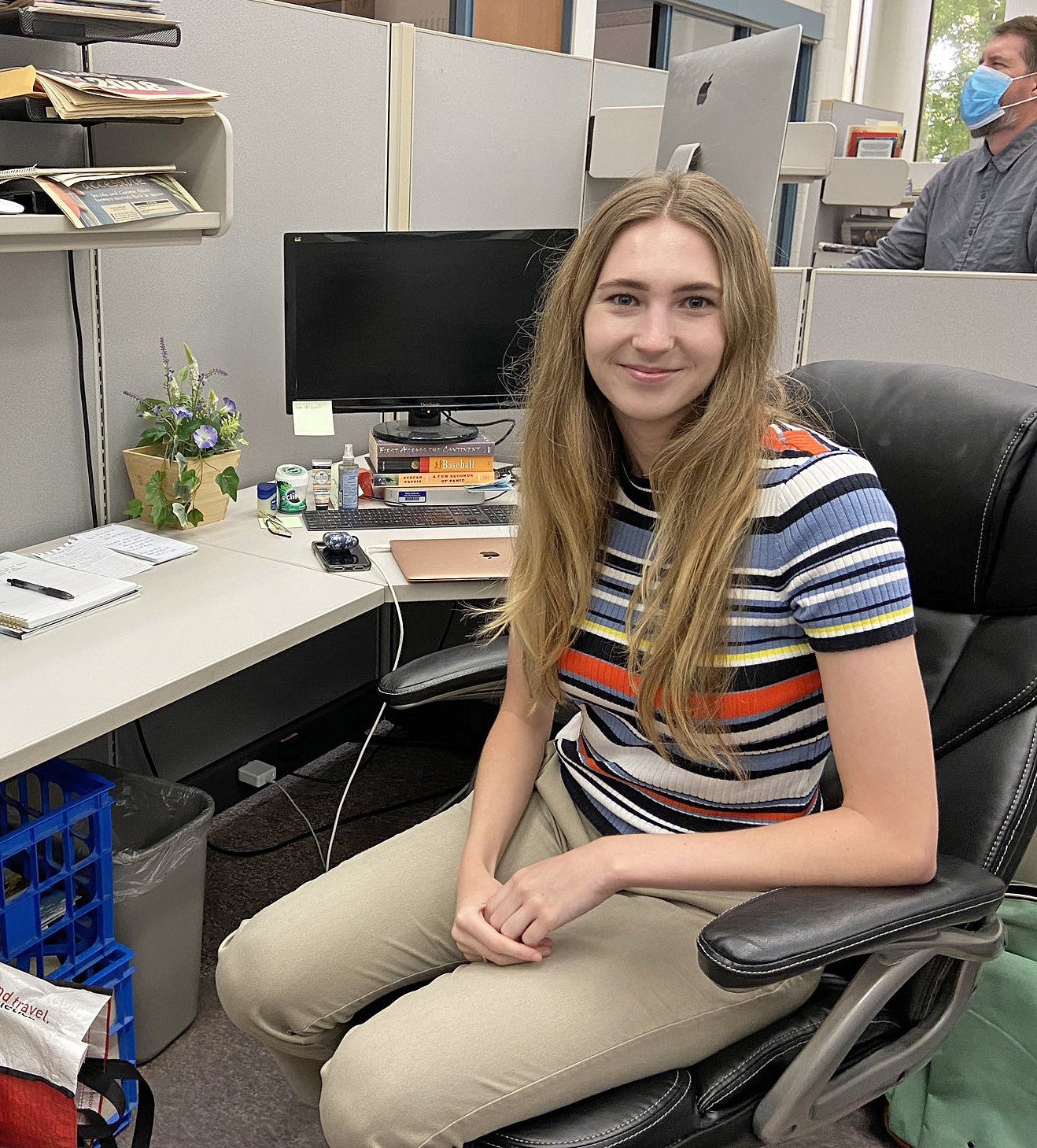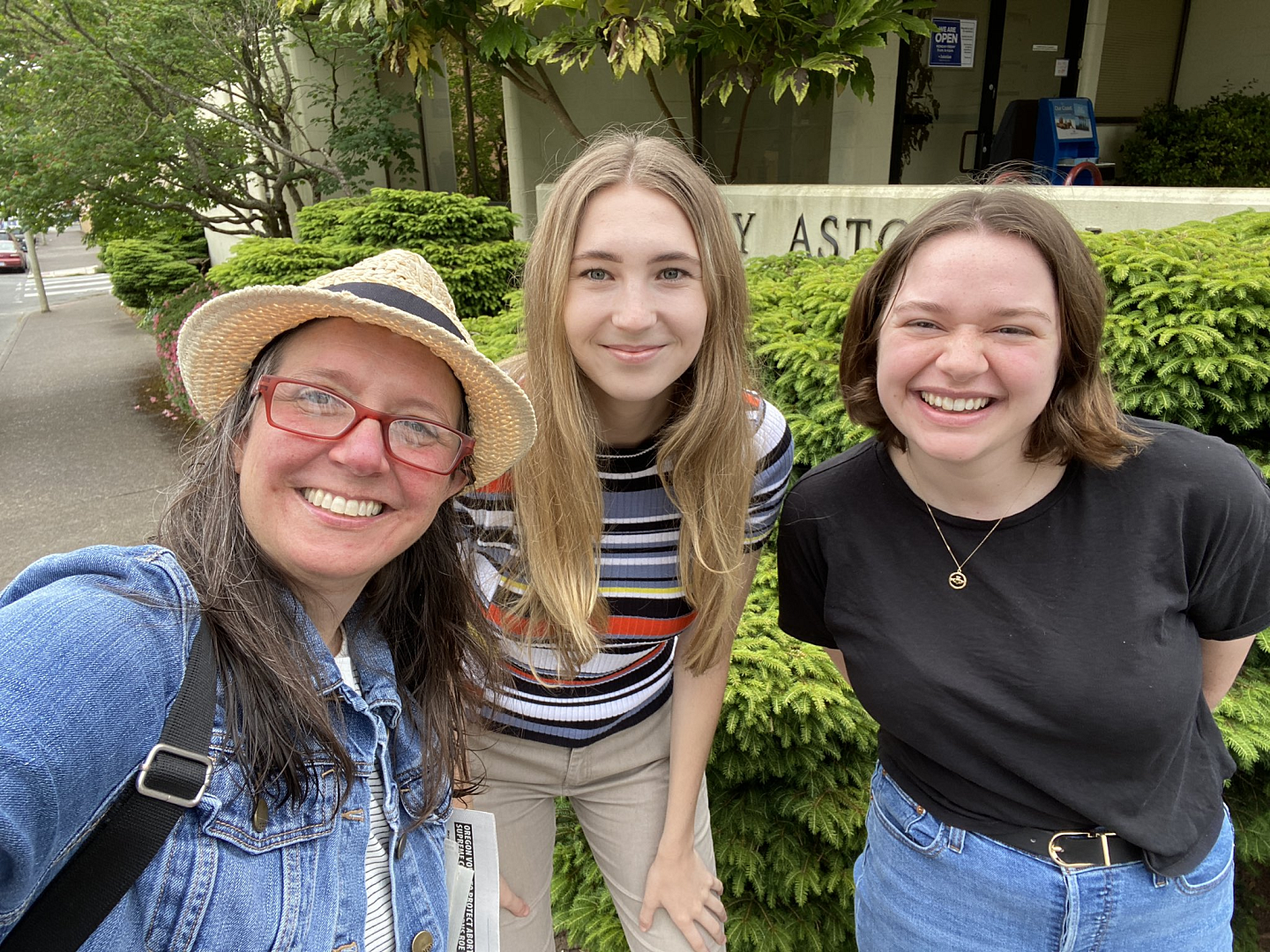
Journalism students in Allen Hall hear whispers of “Snowden” in the hallways frequently throughout their time at UO. Until they get to their junior or senior year, most students don’t really understand what a Snowden internship is, but they know they want it.
The Charles Snowden Program for Excellence in Journalism is a prestigious internship that places some of the best journalists from colleges across the state at Oregon media outlets. The interns work full time and receive compensation as well as a stipend for housing — important components of a young journalist’s success in any internship.
The internship is competitive, and its lengthy application process requires an essay. When I applied for the internship, I asked a former Snowden intern for his advice on writing the essay. He said to make it uniquely “me” and to highlight significant experiences I’d had while reporting. I wrote about how much I love to talk to people and how that’s helped me with specific stories, like covering wildfires and writing about an unhoused encampment in Eugene that the city cleared out.

I don’t know exactly why they selected me, but I think demonstrating that I have a real passion for journalism helped my case. Being a journalist isn’t just a career path for me — it’s a lifestyle.
The program placed me at The Astorian, a longtime newspaper serving a breathtaking coastal community in Astoria, Oregon. I packed my bags, put my reluctant cat in her carrier and left Eugene for the summer. I had always lived in major cities, so it was an adjustment to live in the kind of place where you are bound to run into someone you know just walking outside.
With new experiences came new challenges. I found it’s hard to think of new story ideas for a newspaper that’s covered a region for more than a century. I took on any assignments offered to me, such as covering local events and features, but I wanted to find some stories on my own.
In my opinion, the best way to become part of a community is to gab with your local baristas — the backbone of civil society. So, I spent a lot of time in cafes. The other best place to find gossip in smaller communities is Facebook groups. I think I must have joined at least 10. That’s how I found out that local farmers were having a difficult growing season, which became a cover story and a radio story.
I found out that the difference between being a student journalist and a full-time journalist is startling. While in school, I usually complete one or two articles between my classes and homework over a week. At The Astorian, I had to adjust to a whole new work environment and learn how to make my process faster. Experiencing this prepared me well for my next journalism job.

One of the biggest benefits of the internship was working in a real newsroom. My cubicle neighbored my editor’s, and we would discuss not only the stories I was writing but also reporting in general.
The internship program also asks interns to write essays on ethical dilemmas in journalism, such as quote changing or whether to approach a grieving family for an interview, and to discuss these topics with people in their newsrooms. Some of these conversations with my editor and fellow journalists lasted for 45 minutes. What I learned from my colleagues this summer could fill a full reporting class.
As sappy as it sounds, the best part of my internship was all the friends and connections I made. My coworkers were wonderful and always willing to help. Many of them used to be in my spot. The newsroom was packed with UO alumni and former Snowden interns. As a former Snowden, I’m now part of that widespread network, and those connections will be personally and professionally invaluable.
Many interns are hired on to their newspapers after completing the Snowden internship. As this was the summer before my senior year at UO, that was not an option for me. But I know that being able to put a non-student publication’s name on my resume will be a huge asset for me as I apply for reporting jobs.
Astoria will always have a special place in my heart. I plan to go back to visit all my friends and favorite baristas often.
—Alexis Weisend, class of ’23
Alexis Weisend, class of ’23, is a senior at UO majoring in political science and journalism. She is the news desk editor at the Daily Emerald, and a lover of cats, and bagels and lox.
